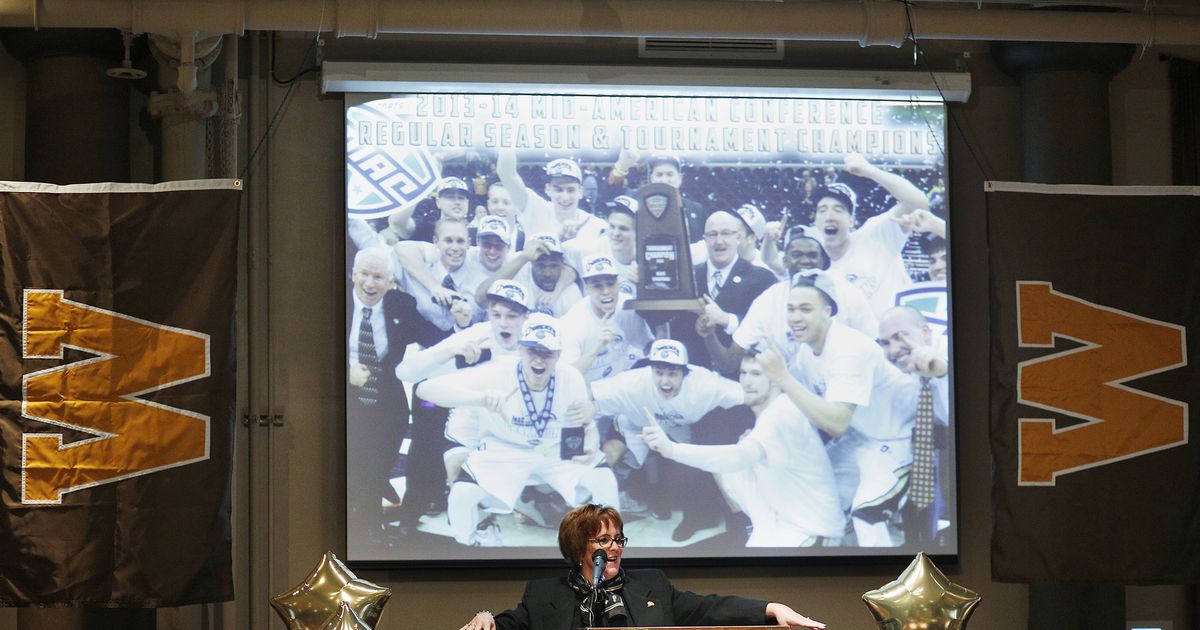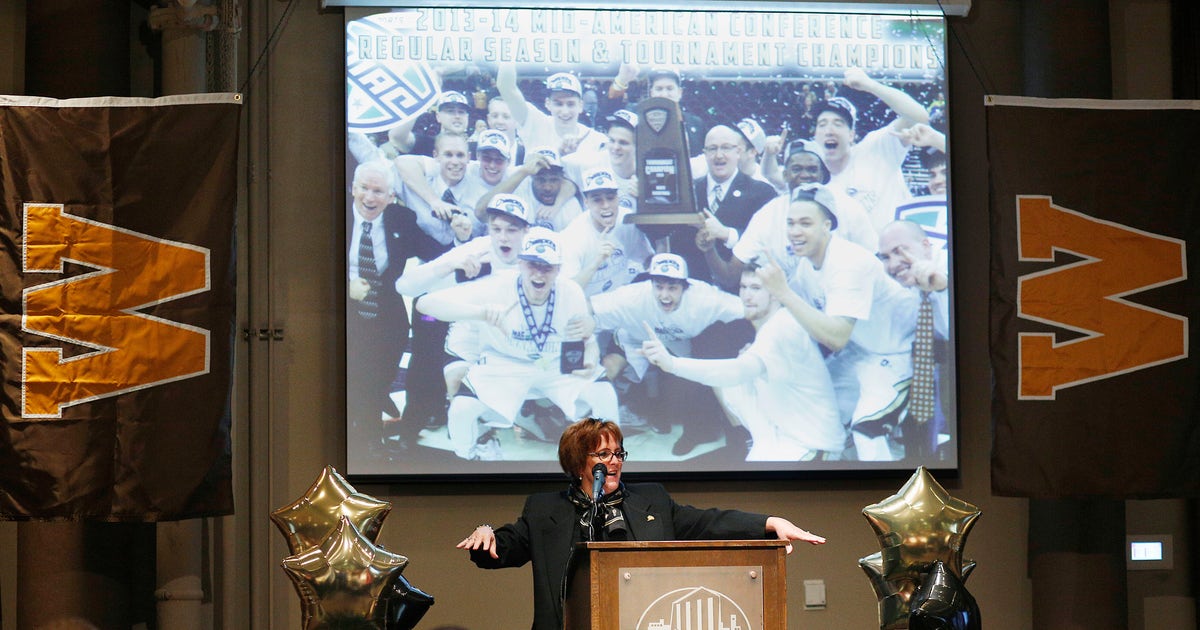Coaching carousel slows down amid coronavirus concerns


On March 11, Western Michigan announced it was changing coaches in men’s basketball. The following day, the NCAA Tournament was canceled, and the enormity of the coronavirus crisis started to hit home throughout college sports.
Before long, WMU athletic director Kathy Beauregard was dealing with restrictions on travel and external hires, and it was obvious this would not be a normal coaching search. The Broncos ultimately hired Clayton Bates, an experienced assistant from the previous staff.
“We knew him. He knew us,” Beauregard said. “There was really not much of a learning curve.”
When the virus abruptly ended the college basketball season last month, it did more than just wipe out tournament games. The coaching carousel has virtually stopped spinning.
In many cases, schools are simply standing pat. For programs that did make changes, the pandemic made coaching searches logistically difficult.
According to coachesdatabase.com, 22 Division I schools have made coaching changes in men’s basketball this season. That includes some moves made well before the virus became a widespread problem in the U.S. In a normal season, there might be 40-60 coaching changes.
None of the schools in the AAC, ACC, Big 12, Big East, Big Ten, Pac-12 or SEC has made a change, so the usual domino effect — in which those schools poach mid-major coaches, creating other openings — hasn’t happened.
Several factors may be at play. The loss of revenue from the canceled NCAA Tournament and uncertainty about the lucrative football season in the fall leave athletic directors anticipating a financial crunch.
“There’s a lot that goes into it, to making that change,” said Daniel Parker of Parker Executive Search, a firm that helps with coaching searches. “How much do I owe my current coach? How much is it going to cost me to go buy out another coach? … And then you’re going to have to pay a competitive salary.”
Schools often wait until the end of the season before letting coaches go. When this season was halted, some mid-major programs like WMU were already done, but some of the biggest conferences were just starting their league tournaments.
Boston College went 13-19 this season but kept coach Jim Christian.
Martin Jarmond, the Eagles’ athletic director, told the Boston Globe: “There’s uncertainty when we’re going to have students back on campus, there’s uncertainty about graduation, there’s uncertainty about the fall. With so much uncertainty, I just feel it’s important to have stability in your leadership.”
By the time Western Michigan hired Bates, the school had halted new, external hires. WMU’s press release announcing Bates’ promotion noted the athletic department would be spending $165,000 less on its coach this coming season.
That was a clear sign that the school was aware of the financial implications of its decision.
“I know it’s the new normal for us. I would say that I think it’s going to be a new normal across the country,” Beauregard said. “I do think you’re not going to find, across the country, the same intercollegiate athletic world that we’ve been in. And maybe that’s not all bad.”
IUPUI coach Jason Gardner resigned in August following an arrest on drunken driving charges. Byron Rimm has been the interim coach, and amid recent restrictions on travel and hiring, the search for a long-term replacement is on hold.
Athletic director Roderick Perry said he had spoken to coaches about the position, but nobody had been offered the job. He said the school was taking things “day by day” and candidates have been patient.
“There’s only about 350 Division I programs, and we have one of the jobs,” he said.
Samford was eliminated from the Southern Conference Tournament on March 6. Ten days later, the school announced coach Scott Padgett would not be back. Bucky McMillan, a successful coach at a high school only a few miles away, got the job.
The search was certainly different. Interviews were conducted via phone or online.
“I’m a big believer in body language. That’s difficult to do when you can’t do it in person,” Samford AD Martin Newton said. “We were fortunate in the fact that we did have familiarity with one another. He knew our university and we knew him.”
Georgia Southern AD Jared Benko didn’t have that kind of knowledge before he hired Texas Tech assistant Brian Burg.
“Jared, the first time he ever met Brian was when they both showed up in Statesboro … after they had announced the hire,” Parker said. “Of course, he talked to him five or six times by Zoom and phone.”
At least the technology has progressed enough to make remote coaching searches possible, not that it’s easy.
“There’s definitely not any books or anything that can teach you how to hire somebody during a pandemic,” Newton said. “It’s definitely an interesting time to hire a coach.”






